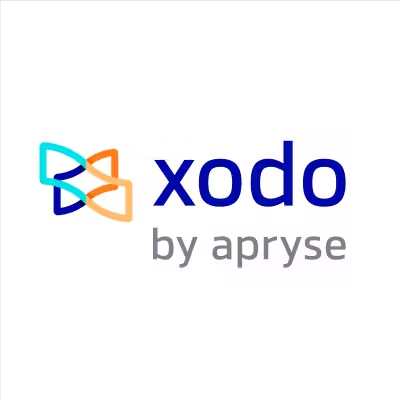If you are looking for a reliable and efficient way to convert XLS files to YAML format, you have come to the right place. Our website offers a comprehensive list of converters that can easily transform your XLS spreadsheets into YAML files with just a few clicks. Whether you need to convert a single file or a batch of documents, these converters can handle the task with ease. But why would you want to convert XLS files to YAML? One of the main reasons to convert XLS files to YAML format is compatibility. While XLS is a popular file format for spreadsheets, it may not be the most compatible option for certain applications or programming languages. On the other hand, YAML (Yet Another Markup Language) is a human-readable data serialization format that is widely supported by various software tools and programming languages. By converting your XLS files to YAML, you ensure that your data can be easily used and manipulated in different environments. Another benefit of converting XLS to YAML is the ease of data extraction. YAML files are structured using simple text-based syntax, making it easier to extract specific information or transform the data into other formats. This flexibility can be particularly useful for data analysis, migration, or integration purposes. With the right converter, you can quickly convert your XLS spreadsheets to YAML and unlock the full potential of your data.















XLS files are a specific file format used by Microsoft Excel to store spreadsheet data. They are commonly used for organizing and analyzing large amounts of data. XLS files can contain multiple sheets, each with its own set of columns and rows. This allows users to create complex and structured spreadsheets, making it easier to manipulate and analyze data. XLS files can also include formulas, charts, and graphs, which enhance their functionality. Due to their widespread use, XLS files can be opened and edited using various spreadsheet software, not just limited to Microsoft Excel. The flexibility and versatility of XLS files make them a popular choice for businesses and individuals alike for managing and presenting data.
YAML, short for "YAML Ain't Markup Language," is a human-readable data serialization format commonly used for configurations and data exchange. While it shares similarities with other markup languages such as JSON and XML, YAML distinguishes itself with its focus on readability and simplicity. YAML files consist of key-value pairs and nested structures, representing data in a format that is both easy for humans to understand and edit, and for machines to parse and process. YAML files are often utilized in various applications, including software development, configuration management, and data storage. By providing a straightforward and intuitive syntax, YAML simplifies the task of defining complex information and settings in a standardized, platform-independent way.